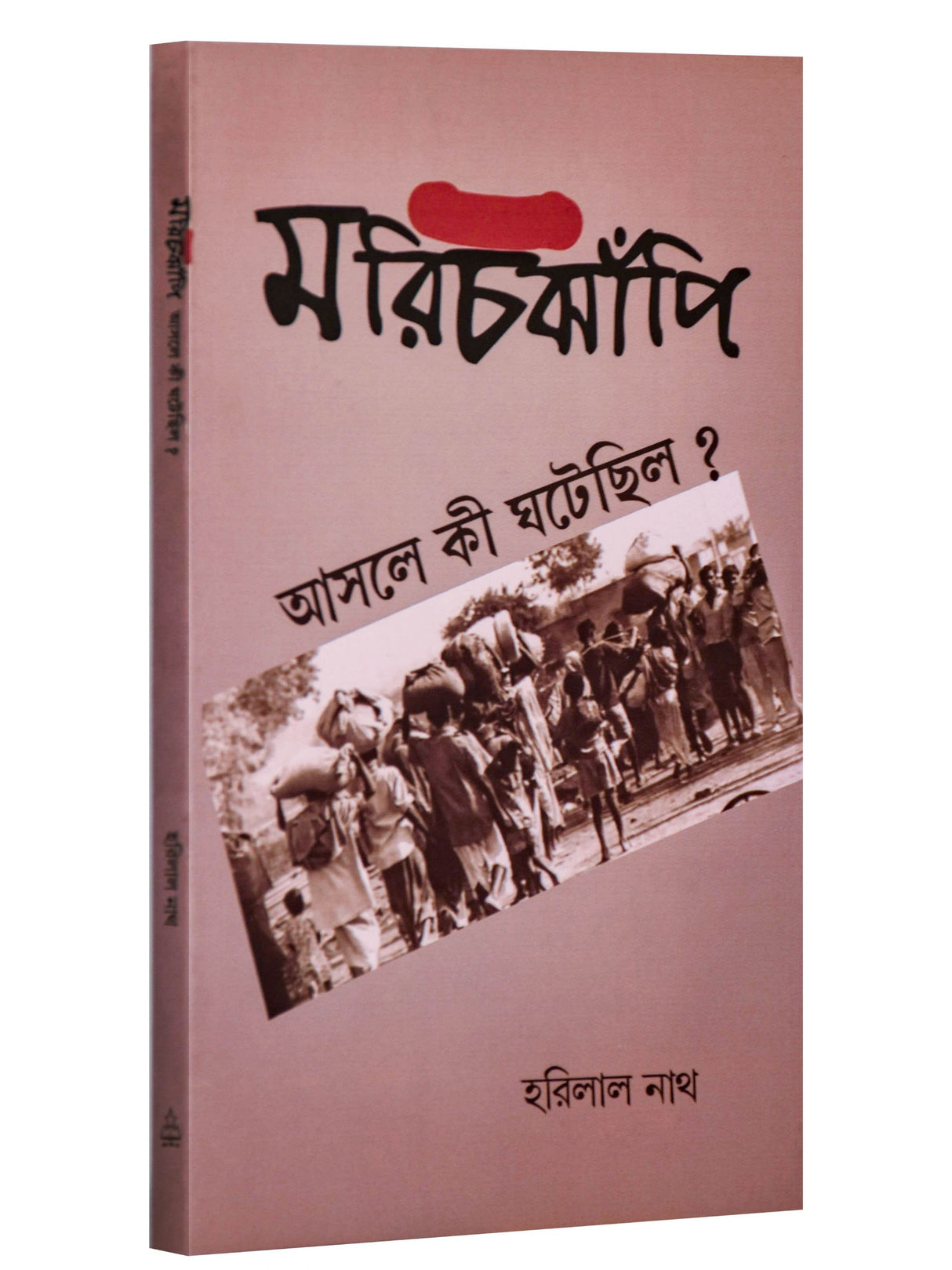Marichjhapi: Asole Ki Ghotechilo?
Marichjhapi: Asole Ki Ghotechilo? is backordered and will ship as soon as it is back in stock.
Couldn't load pickup availability
Genuine Products Guarantee
Genuine Products Guarantee
We guarantee 100% genuine products, and if proven otherwise, we will compensate you with 10 times the product's cost.
Delivery and Shipping
Delivery and Shipping
Products are generally ready for dispatch within 1 day and typically reach you in 3 to 5 days.
-
Author: Harilal Nath
-
Category: Essays
-
Publisher: National Book Agency Private Limited
-
Language: Bengali
-
First Publication Year: 2020
-
Publication Year: 2024
-
Edition: 4
-
Binding: Paperback
-
Number of Pages: 190
-
ISBN: 978-93-92593-18-5
About the Book:
Marichjhapi: Asole Ki Ghotechilo? explores the complex and controversial events surrounding the Marichjhapi Island in the Sundarbans region of Bengal. This island came into the limelight in 1978 when a group of refugees from Dandakaranya migrated there, seeking refuge in the wake of their displacement. During the same period, the Left Front government had just assumed power in West Bengal. The refugees’ arrival, their settlement, and the subsequent events sparked significant debates and controversies at the time. Although the issue was later obscured from mainstream memory, it has resurfaced in recent years, often referenced in literature and public discourse.
Journalist Harilal Nath delves deep into the past, seeking to answer the crucial question: What truly happened in Marichjhapi? The book presents a thorough, research-based inquiry into the events that unfolded on the island, offering readers a comprehensive understanding of the historical context, political dynamics, and the human aspects involved.
By reading this book, readers will gain an informed perspective on the Marichjhapi incident and understand its political, social, and emotional impact. Nath’s work sheds light on the forgotten tragedy, providing a crucial account that helps readers grasp the complexities of this chapter in Bengal’s history.





